Switzerland riles Alpine neighbours by keeping its ski resorts open
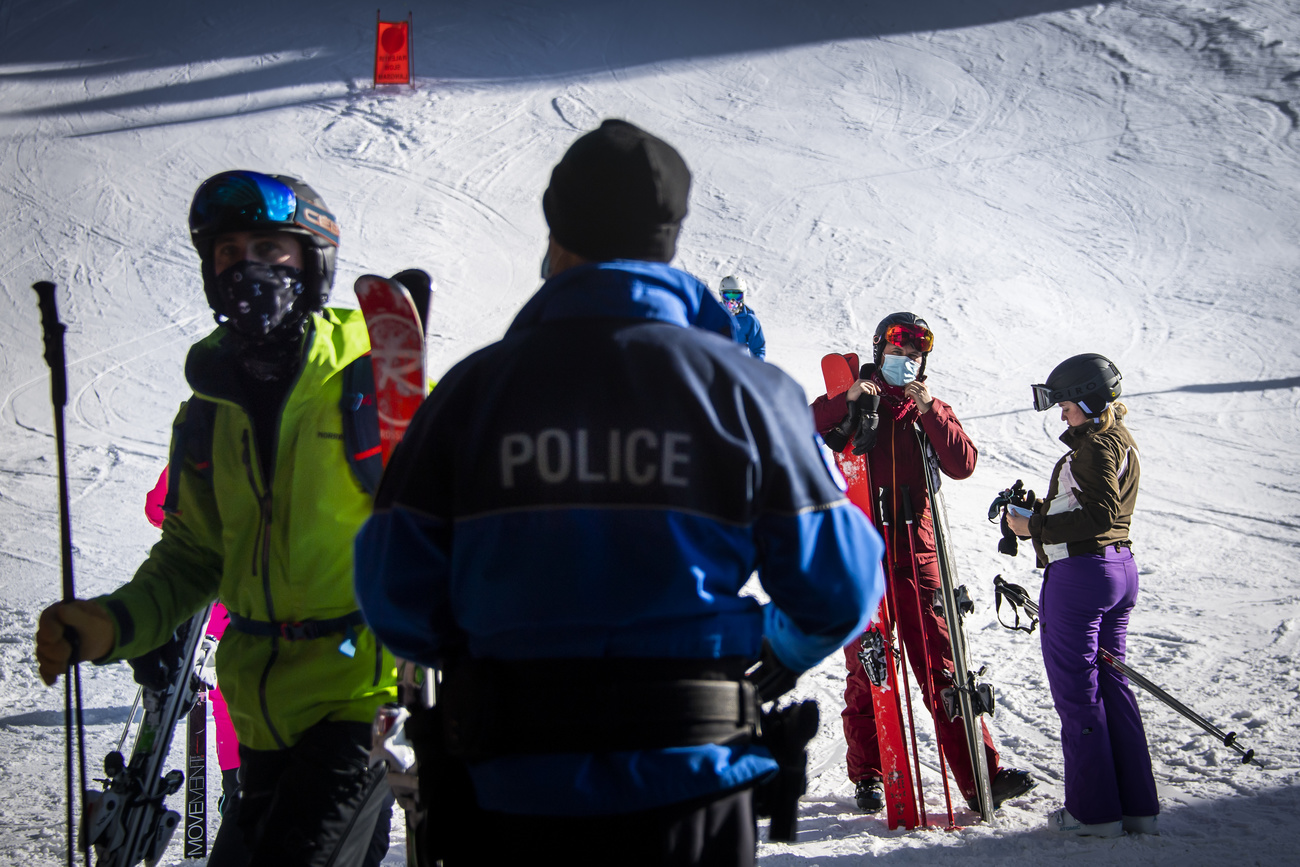
As heavy snow closes in on the village of Andermatt, high in the Swiss Alps, local hotelier Johan Granvik gives short shrift to the arguments that have led other EU countries to close their ski resorts.
“If you go out on a Saturday morning to the grocery shop — you can’t tell me that’s less dangerous than spending five minutes in a télécabine and then being out on the wide open slopes,” said Granvik, who has taken on more than 30 staff for his hotel and restaurant business for the winter season. Closing the pistes to halt coronavirus “makes no sense whatsoever”, he added.

Standing by the icy river Reuss for a photograph as the snow rakes across the ground, Granvik, 35, said the uncertainty caused by the coronavirus pandemic meant bankruptcy was something he recently had to worry about for his seven-year-old business. His boutique hotel Zum Schwarzen Bären depends on a successful winter sports season. Two of his restaurants, the Wachthuus and the Rüti Hütte, are on the pistes. If the lifts do not open, neither can they.
Across the Alps, in Austria, France, Germany and Italy, ski resorts will be closed for at least a month due to fears that an influx of people will spread the virus. As a result, the winter tourism that is the single most important economic sector in the Alpine regions will be put on hold over its busiest period. But Switzerland – for now – is the exception.
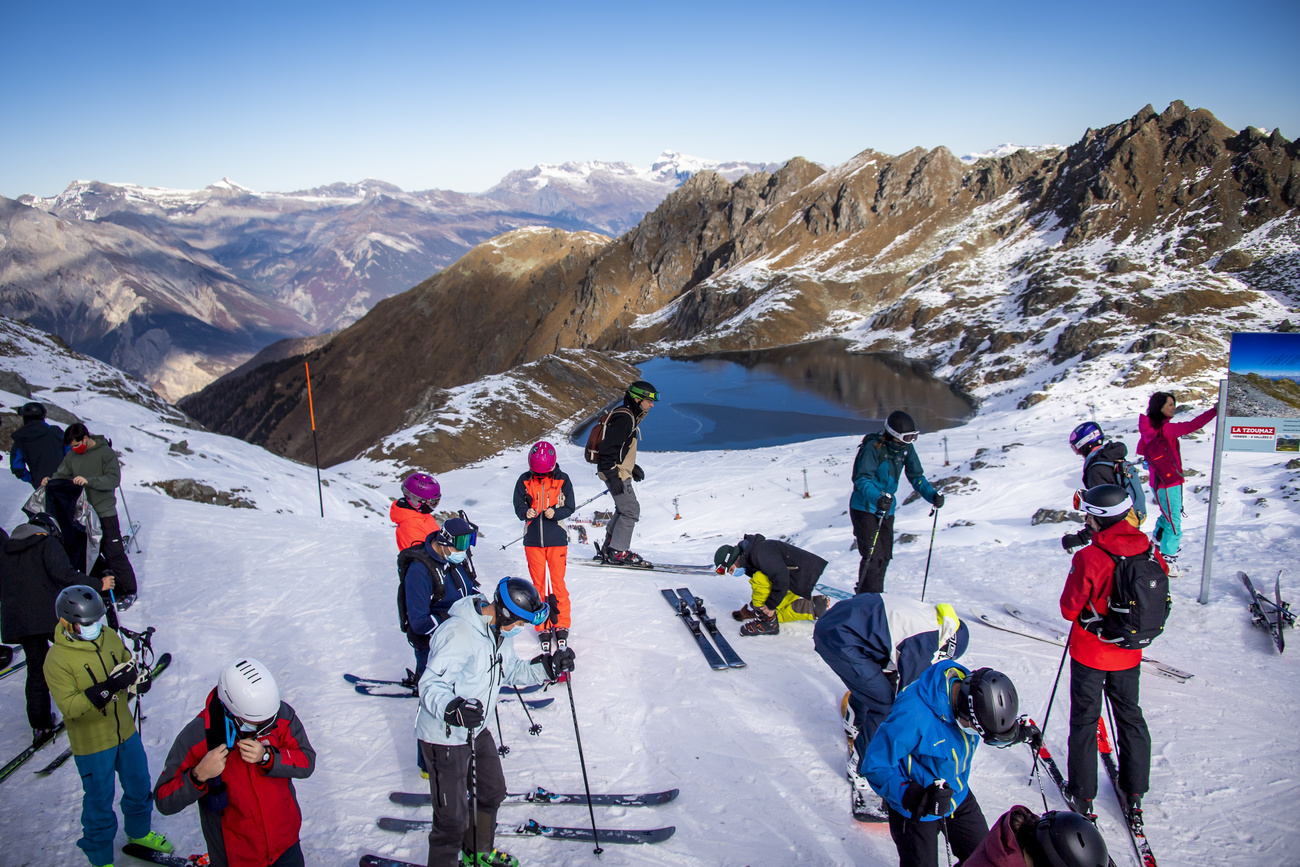
More
Swiss ski resorts to remain open
Bern, which imposed no second nationwide lockdown to control the second wave of coronavirus, has refused to enforce closures of ski resorts. As a result skiing has become an unlikely, but bitter, political faultline dividing European countries as they seek a response to the latest phase of the pandemic.
Other European leaders have been barely able to contain their contempt for Switzerland’s recalcitrance. Both the French and Italian prime ministers have directly called the president of Switzerland’s governing federal council to demand it fall into line, officials in Bern told the Financial Times.
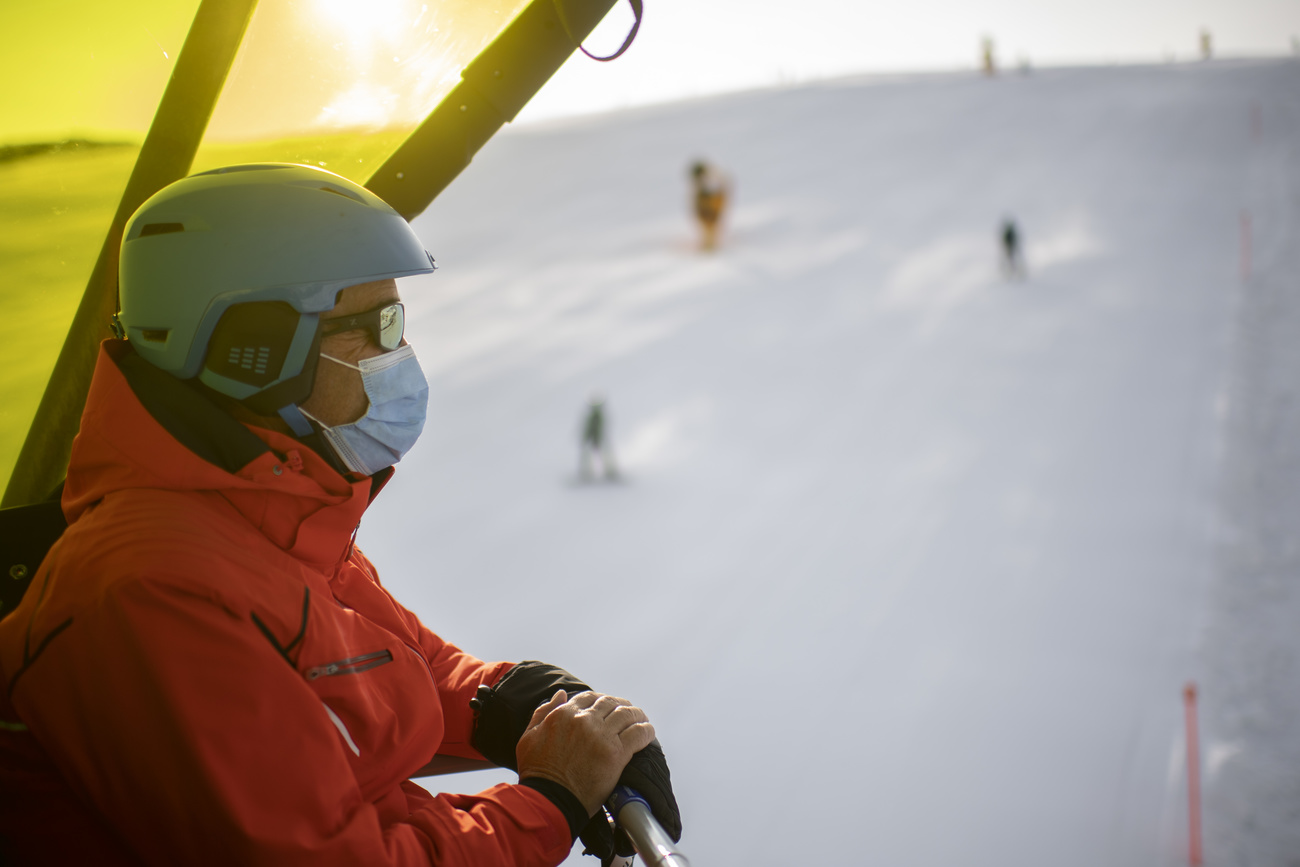
More
Merkel calls for closure of ski resorts across EU
Superspreader clusters
Switzerland’s parliament this week responded with a motion condemning even the limited measures being rolled out to reduce capacity at ski resorts to 80% as too much.
Foremost in EU politicians’ minds are the events of February and March, during the first wave of the pandemic, when Alpine resorts became superspreader clusters. That Switzerland, in keeping its resorts open, may become an economic beneficiary from others’ pain is particularly rankling.
At Andermatt’s luxury Chedi hotel, the season is already under way, with guests enjoying a fireside drink in the lounge as porters scurry around with trolleys laden with skis, boots and expensive luggage. In the wine library, where rare vintages are stacked floor to ceiling, two businessmen had set up “home offices”.
“We haven’t needed to close anything, which is good news,” said Joachim Schweier, the hotel’s marketing manager. “Bookings are tending to be more last-minute, but we’ve received a lot of interest recently.”
As questions hang over other European destinations, the Chedi is offering a private jet service to fly guests in from destinations including London, Munich and Rome – without the health risks that flying commercial during a pandemic may entail.
Skiing has a reputation for frivolity – not least because of the moneyed crowd it tends to attract – but it is big business. More than a third of Swiss regularly ski for recreation.
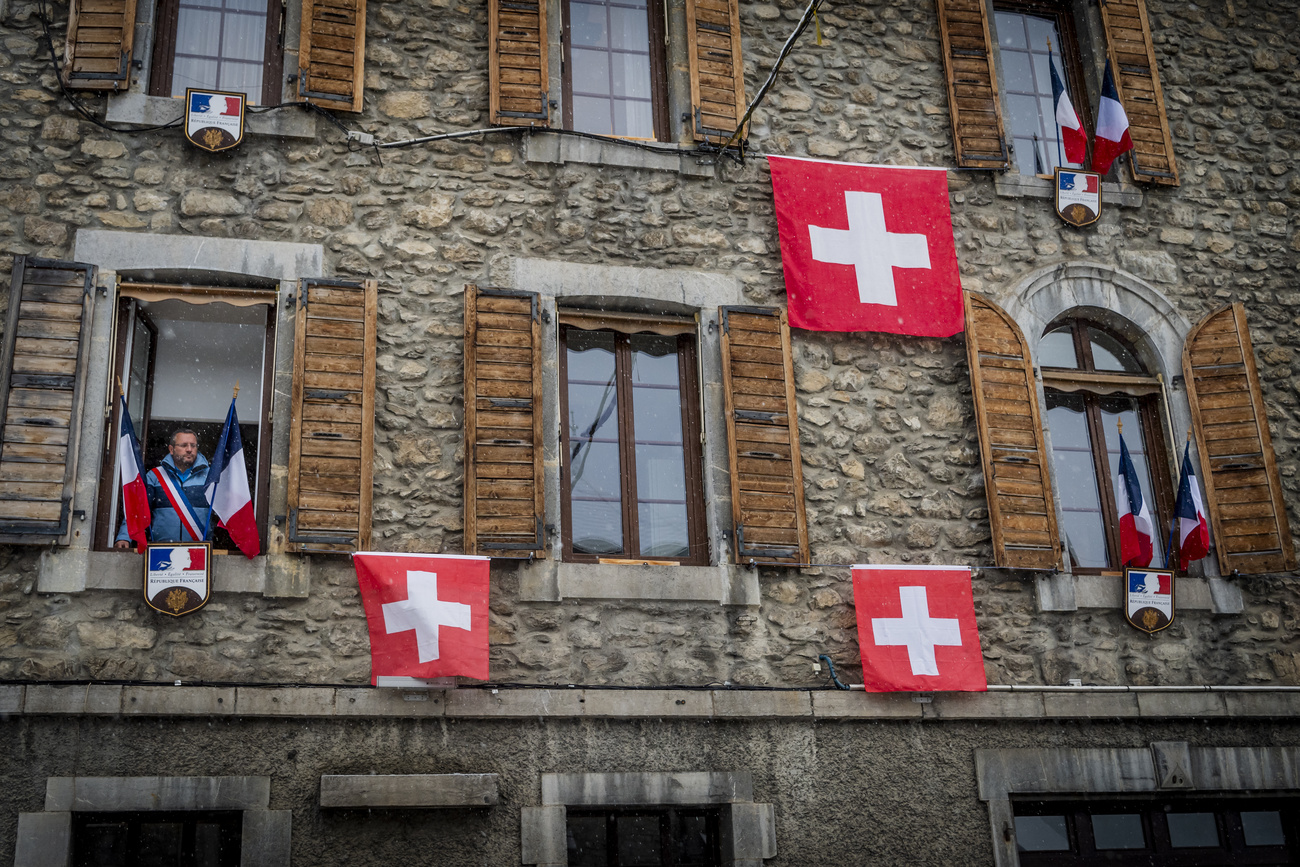
More
French ski resort protests against Covid-19 ban with Swiss flags
“It’s our national sport, and especially at these times with lockdowns and so many people staying at home, it’s very important that you can go out into the mountains, into the fresh air, to meet other people and to be physically active,” said Mathias Imoberdorf, spokesperson for the ski facilities at the resort of Zermatt in southwest Switzerland. “We have trust in the federal government to take the right decision,” he added.
‘Liberal freak show?’
With the country still dealing with a high number of infections, however, not everyone in Switzerland is supportive of the government approach.
A parody video went viral in Switzerland this week that punned on the Austrian resort of Ischgl that became a coronavirus hotspot earlier this year. It invited tourists to fictional Ischgliich – Swiss dialect for “I don’t care” – and advised booking soon, with “intensive care beds already sold out.” On Friday, Zurich’s Tages-Anzeiger newspaper asked: “Is Switzerland a liberal freak show?”
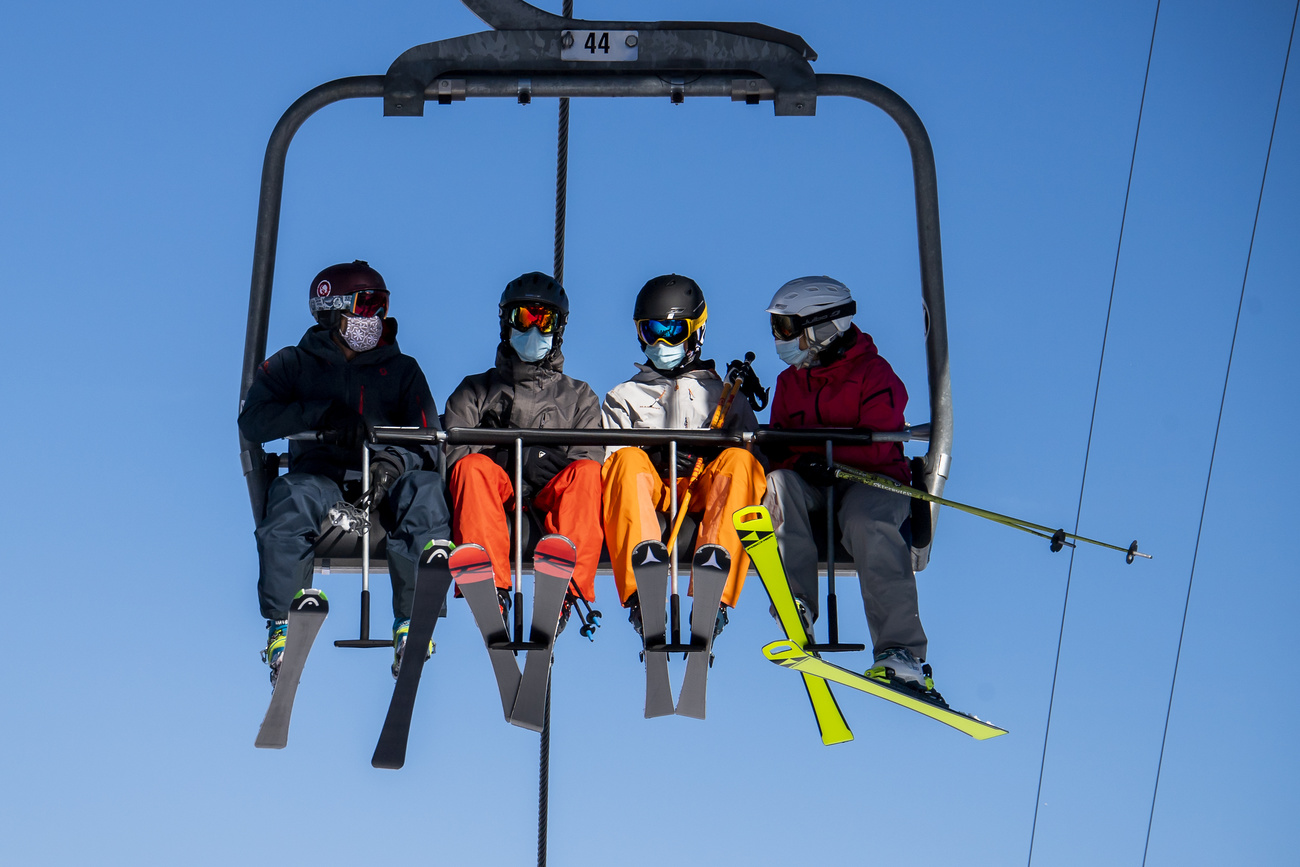
More
Pressure increases on Swiss ski resorts
Those working in the ski industry, though, draw a distinction between safe winter holidays and the kind of raucous après-ski partying that is one of Ischgl’s selling point.
In Andermatt, a range of soft measures are being used to “guide” rather than “restrict” guests, said Raphael Krucker, the resort’s chief executive. Restaurants have doubled their outdoor seating capacity, indoor tables are being limited to four people, and loud music is prohibited to curb any temptation to party. Bars shut at 11pm.
“The number one priority is to avoid another lockdown,” said Krucker, pointing out that the ski lifts on the Gemstock mountain had been open for weeks without any coronavirus problem.
The federal government on Friday announced limited restrictions for the skiing industry. Enclosed cabins, gondolas and train compartments in resorts must restrict themselves to two-thirds of their capacity, but there will be no restrictions on numbers using ski slopes. From December 22, individual resorts will also require a licence to remain open which will be linked to hospital capacity.
Granvik, the hotelier, hoped the government would hold its nerve. “I understand shopping for food is a necessity and skiing is not. But at the same time, you cannot take everything away from people – you have to give people some glimmer of hope.”
Copyright The Financial Times Limited 2020

More
Coronavirus: the situation in Switzerland

In compliance with the JTI standards
More: SWI swissinfo.ch certified by the Journalism Trust Initiative
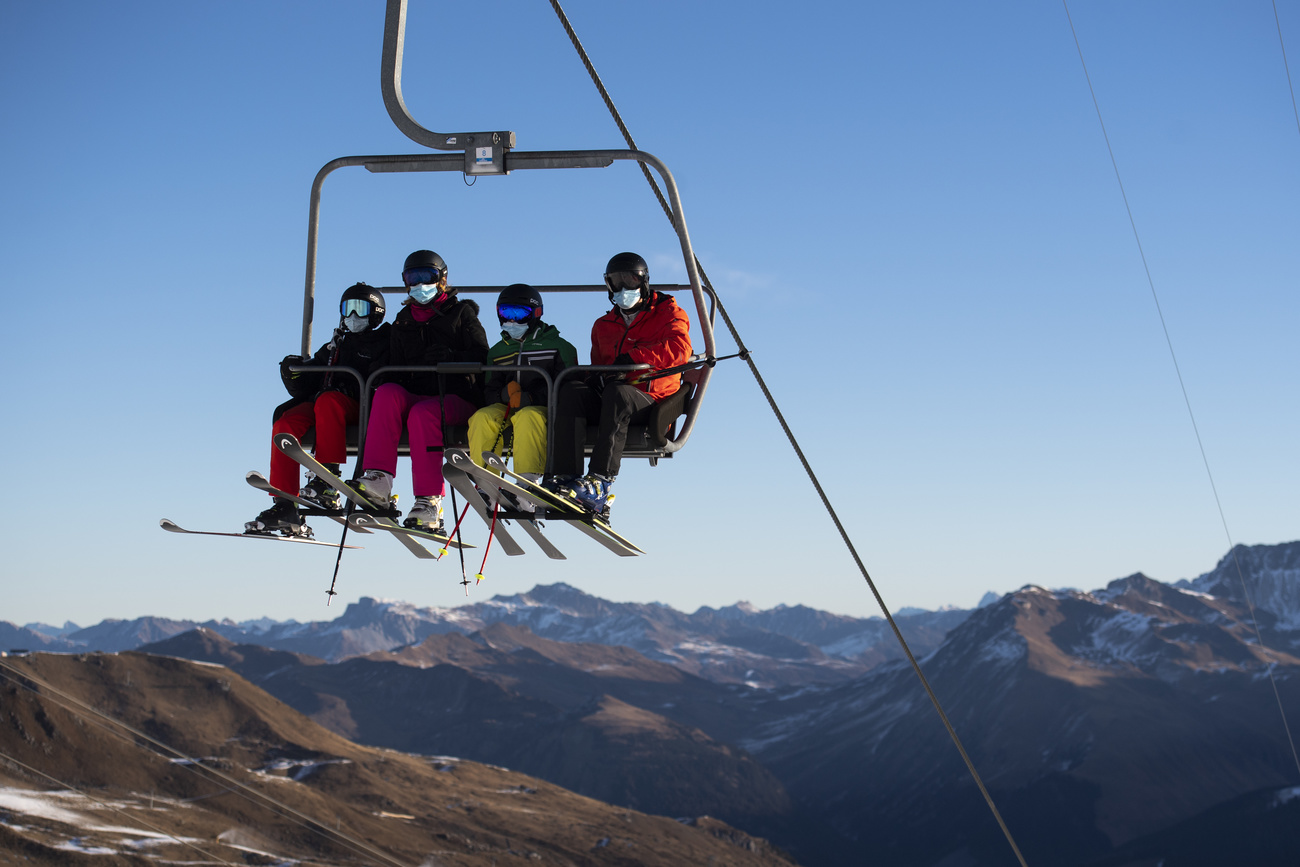
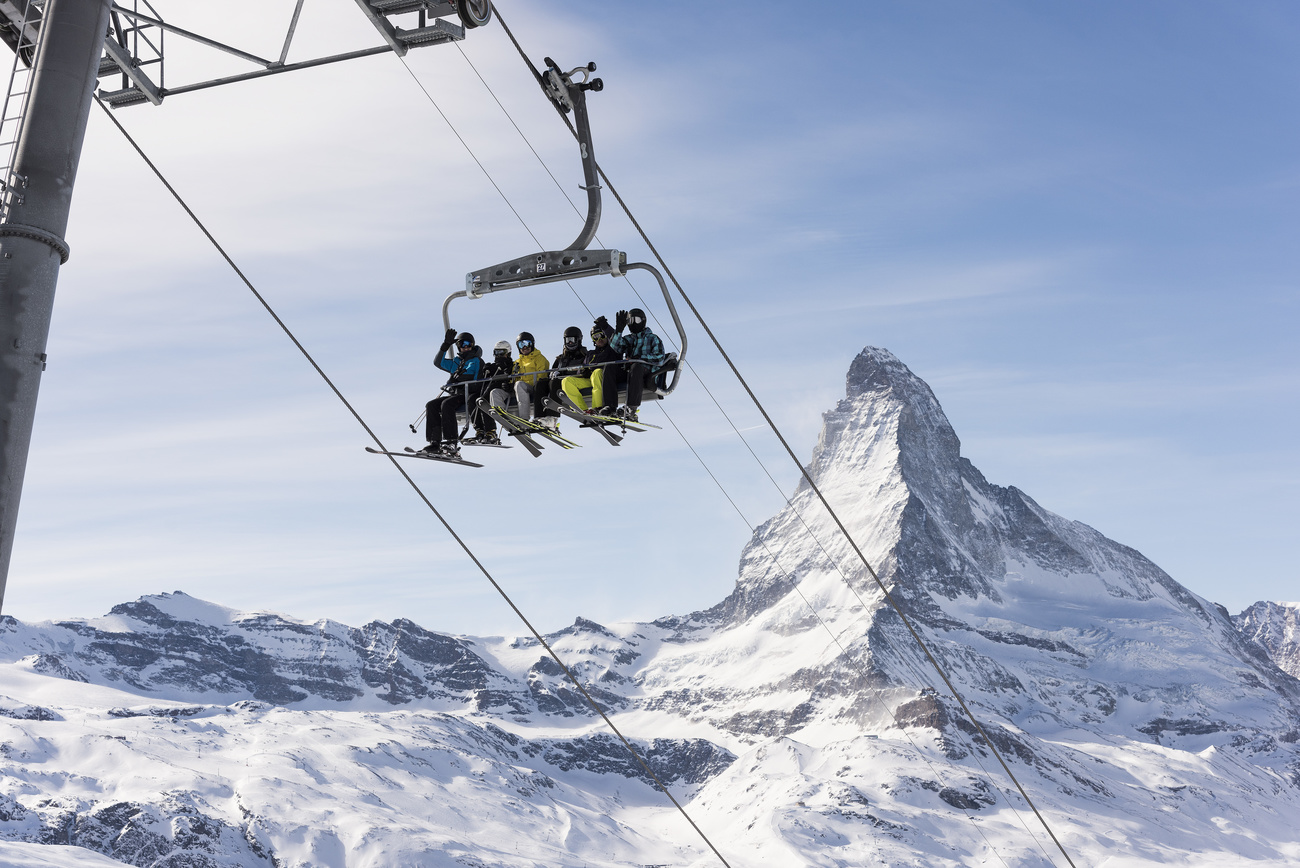
You can find an overview of ongoing debates with our journalists here. Please join us!
If you want to start a conversation about a topic raised in this article or want to report factual errors, email us at english@swissinfo.ch.